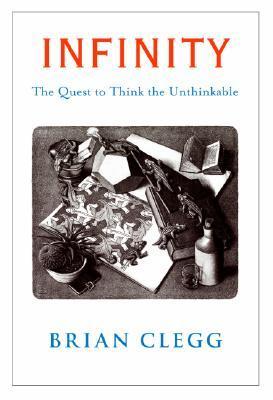What do you think?
Rate this book


272 pages, Paperback
First published September 12, 2003
The story intersects with the lives of many famous mathematicians, but the obvious slimness of this book testifies that Seife managed to distill only what was necessary about their lives in his quest to explain the mystery of zero.